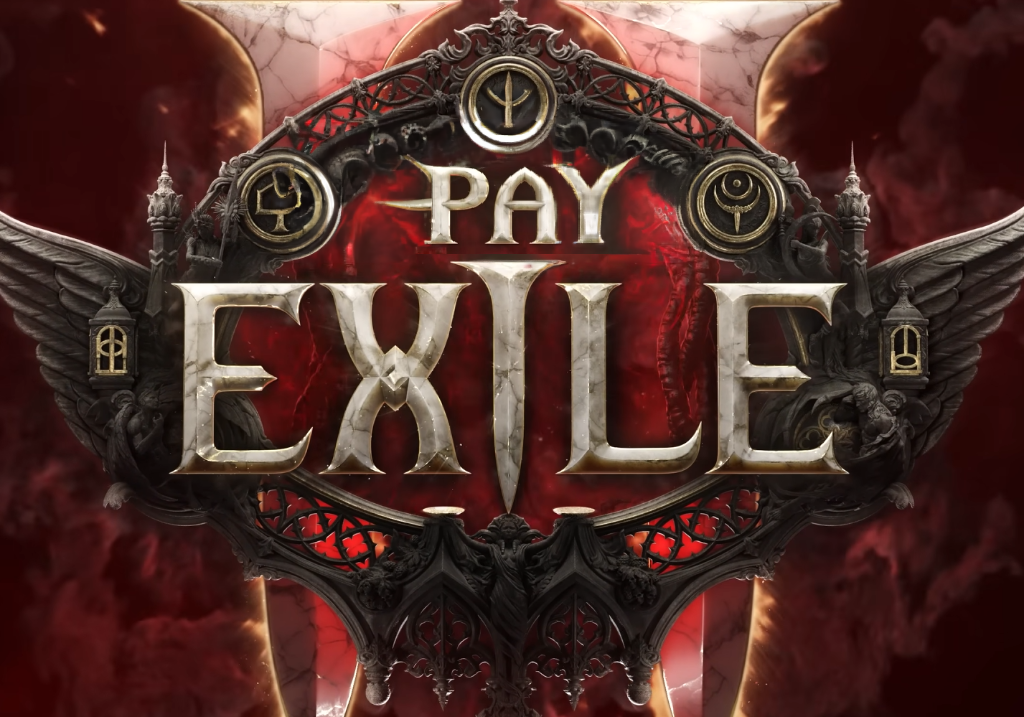In recent years, MMORPGs have become a popular genre of online gaming, allowing players to immerse themselves in vast virtual worlds, interact with other players, and complete quests to gain rewards. As these games have evolved, so too has the practice of real money trading (RMT), where players buy or sell in-game items, gold, or characters for real money. While some players and game developers are wary of RMT, there are many reasons why it is an essential feature of MMORPGs.
One major benefit of RMT is the ability for players to acquire desirable in-game items or currency without having to spend countless hours grinding for them. This can be particularly beneficial for players who have limited time to dedicate to the game or who simply want to enjoy the game without feeling like they are falling behind by more dedicated players. Additionally, RMT can provide a source of income for players who are willing to sell in-game items or currency for real money, allowing them to potentially earn a living from their gaming activities. The inclusion of RMT can promote a healthier in-game economy. With the ability to purchase in-game items or currency, players can more easily trade with one another and create a more stable marketplace. This can ultimately lead to a more enjoyable gaming experience for all players, as they can more easily obtain the items they need to progress and compete with others.
Another benefit of RMT is the potential revenue it can generate for game developers and publishers. By allowing players to purchase in-game items or currency with real money, developers can create a new revenue stream that can be used to invest in further development and improvement of the game. This can result in a better overall gaming experience for all players, as new features and content can be added more frequently and efficiently. In fact, many MMORPGs have embraced RMT by incorporating it into their game mechanics, such as offering players the ability to buy in-game currency or items from the game’s online store.
However, there are also potential drawbacks to the inclusion of RMT in MMORPGs. One concern is that it can create an uneven playing field, where those with more money to spend can gain an unfair advantage over other players who cannot or choose not to spend real money on in-game items or currency. This can lead to a divide in the player base and ultimately lead to a less enjoyable gaming experience for those who cannot keep up with the pay-to-win players.
Another concern is the potential for fraud and scams. When real money is involved, there is always the risk of players being defrauded or scammed by unscrupulous third parties. Game developers must take measures to ensure that RMT is done in a safe and secure manner, with appropriate safeguards in place to prevent fraud and protect players from harm.
It’s worth noting that RMT is already a prevalent practice in many MMORPGs, whether officially sanctioned or not. By officially allowing RMT, game developers can regulate the practice and ensure that it is done in a fair and safe manner. Additionally, with proper regulation, RMT can promote a healthier in-game economy, with players more easily trading with one another and creating a more stable marketplace.
In conclusion, the inclusion of RMT in MMORPGs has both potential benefits and drawbacks. While it can provide players with more options and flexibility, as well as generate revenue for developers, it can also create an uneven playing field and potentially lead to fraud and scams. As Exilepay, we believe that RMT can be a valuable addition to MMORPGs, as long as it is done in a fair and safe manner with appropriate safeguards in place to protect players.
